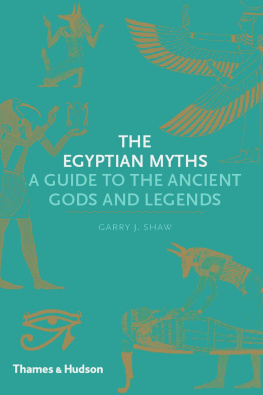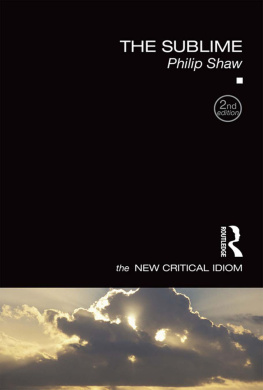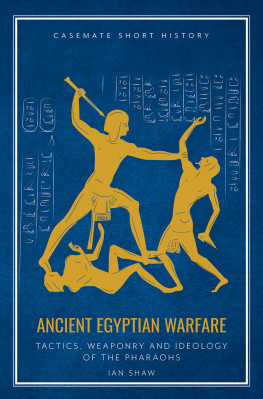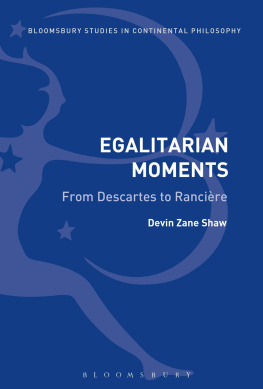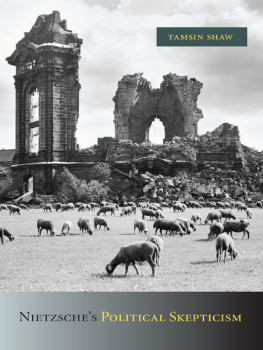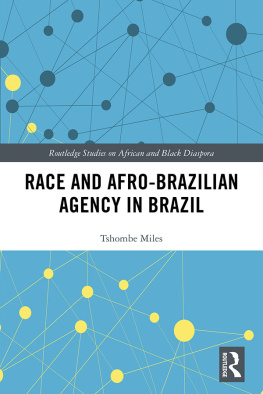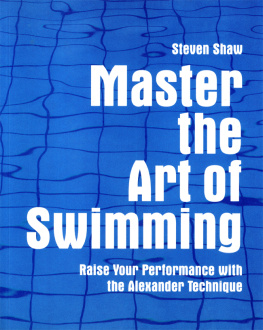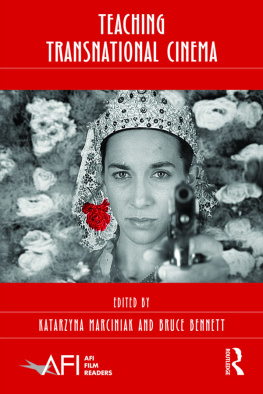Shaw - Tropical Travels: Brazilian Popular Performance, Transnational Encounters, and the Construction of Race
Here you can read online Shaw - Tropical Travels: Brazilian Popular Performance, Transnational Encounters, and the Construction of Race full text of the book (entire story) in english for free. Download pdf and epub, get meaning, cover and reviews about this ebook. City: Brazil, year: 2018;2017, publisher: University of Texas Press, genre: Romance novel. Description of the work, (preface) as well as reviews are available. Best literature library LitArk.com created for fans of good reading and offers a wide selection of genres:
Romance novel
Science fiction
Adventure
Detective
Science
History
Home and family
Prose
Art
Politics
Computer
Non-fiction
Religion
Business
Children
Humor
Choose a favorite category and find really read worthwhile books. Enjoy immersion in the world of imagination, feel the emotions of the characters or learn something new for yourself, make an fascinating discovery.

- Book:Tropical Travels: Brazilian Popular Performance, Transnational Encounters, and the Construction of Race
- Author:
- Publisher:University of Texas Press
- Genre:
- Year:2018;2017
- City:Brazil
- Rating:3 / 5
- Favourites:Add to favourites
- Your mark:
- 60
- 1
- 2
- 3
- 4
- 5
Tropical Travels: Brazilian Popular Performance, Transnational Encounters, and the Construction of Race: summary, description and annotation
We offer to read an annotation, description, summary or preface (depends on what the author of the book "Tropical Travels: Brazilian Popular Performance, Transnational Encounters, and the Construction of Race" wrote himself). If you haven't found the necessary information about the book — write in the comments, we will try to find it.
Shaw: author's other books
Who wrote Tropical Travels: Brazilian Popular Performance, Transnational Encounters, and the Construction of Race? Find out the surname, the name of the author of the book and a list of all author's works by series.
Tropical Travels: Brazilian Popular Performance, Transnational Encounters, and the Construction of Race — read online for free the complete book (whole text) full work
Below is the text of the book, divided by pages. System saving the place of the last page read, allows you to conveniently read the book "Tropical Travels: Brazilian Popular Performance, Transnational Encounters, and the Construction of Race" online for free, without having to search again every time where you left off. Put a bookmark, and you can go to the page where you finished reading at any time.
Font size:
Interval:
Bookmark:
JOE R. AND TERESA LOZANO LONG SERIES IN LATIN AMERICAN AND LATINO ART AND CULTURE
TROPICAL TRAVELS
Brazilian Popular Performance, Transnational Encounters, and the Construction of Race
LISA SHAW

UNIVERSITY OF TEXAS PRESS
Austin
Copyright 2018 by University of Texas Press
All rights reserved
First edition, 2018
Requests for permission to reproduce material from this work should be sent to:
Permissions
University of Texas Press
P.O. Box 7819
Austin, TX 78713-7819
utpress.utexas.edu/rp-form
LIBRARY OF CONGRESS CATALOGING-IN-PUBLICATION DATA
Names: Shaw, Lisa, 1966 author.
Title: Tropical travels : Brazilian popular performance, transnational encounters, and the construction of race / Lisa Shaw.
Description: First edition. | Austin : University of Texas Press, 2018. | Includes bibliographical references and index.
Identifiers: LCCN 2017009439
ISBN 978-1-4773-1278-0 (cloth : alk. paper)
ISBN 978-1-4773-1479-1 (pbk. : alk. paper)
ISBN 978-1-4773-1280-3 (library e-book)
ISBN 978-1-4773-1279-7 (non-library e-book)
Subjects: LCSH: Performing artsBrazilHistory19th century. | Performing artsBrazilHistory20th century. | Popular cultureSocial aspectsBrazilHistory. | BrazilRace relations. | BlacksRace identityBrazil. | Performing artsBrazilAfrican influences.
Classification: LCC PN2471 .S44 2017 | DDC 792.0981dc23
LC record available at https://lccn.loc.gov/2017009439
doi:10.7560/312780
FOR MY PARENTS, LILLIE AND JOHN ARTHUR JESSE
CONTENTS
ACKNOWLEDGMENTS
I WOULD LIKE TO THANK the British Academy and the Leverhulme Trust for awarding me a senior research fellowship that enabled me to carry out the research that underpins this book. This project also received significant institutional support from the University of Liverpool, not least funding for research trips to Brazil, and I am grateful to colleagues in the Department of Modern Languages and Cultures for their support. I am particularly indebted to Professors Eve Rosenhaft and Charles Forsdick (University of Liverpool), Dr. Maite Conde (Jesus College, University of Cambridge), and Professor Csar Braga-Pinto (Northwestern University) for their insightful comments on earlier drafts of sections of this book, in addition to their constant encouragement and enthusiasm for this project. I would also like to thank Dr. Luca Tennina (Universidad de Buenos Aires, CONICET) for assistance with archival research in Argentina; the staff at the University of Texas Press, particularly Kerry Webb and Angelica Lopez-Torres, for their expert guidance and patience; and the anonymous readers of the manuscript, who provided me with extensive feedback at various stages, which undoubtedly improved the quality of this book.
My various trips to Brazil, often for extended periods, would not have been possible without the support and friendship of Sarah Roughley, Sarah De Los Rios, Max Salisbury, Marie-Louise Banning, Fiona Harvey and her lovely boys, Ian Jesse, and Gaynor, Antony, Laura, and Tom Gardiner. The manuscript was completed in the delightful surroundings of Fazenda Inglesa, Petrpolis, in Rio de Janeiro state. I will always be grateful to Ana Beatriz (Bia) Renter, Miguel Bichara, and Maria Rita Fernandes Martins (and, of course, Godah) for providing me with the most idyllic writers retreat, the Casa do Fachoalto. I am also extremely fortunate to have been able to count on the love and support of my family and Leonardo Barbosa Anesio since this project began, not to mention the companionship of Eddie, Choco, Carmen, and Messy, meus queridos.
INTRODUCTION
Negrismo is the great fashion of the moment. Paris has gone crazy, for many months, over a negra revue company. And Josephine Baker, an authentic negra, is today one of the most fascinating popularities on the French boulevard. Now London wanted to see a black company. And ordered it from Paris. It was the City of Light that organized, to send to London, the Bataclan Negro. This curious troupe is going to England to perform the revue Pessoas Negras, which was a huge hit in Paris. It is a company of authentic pretos. But we [Brazilians], who have De Chocolat here and his tribe, should not be envious of Paris or London.... True negros, we also have hereand the best.
CARETA, 11 DECEMBER 1926
FOCUS AND SCOPE OF THIS BOOK
This book takes as its focus popular performance, allowing blackness to emerge as central to Brazilian-ness.
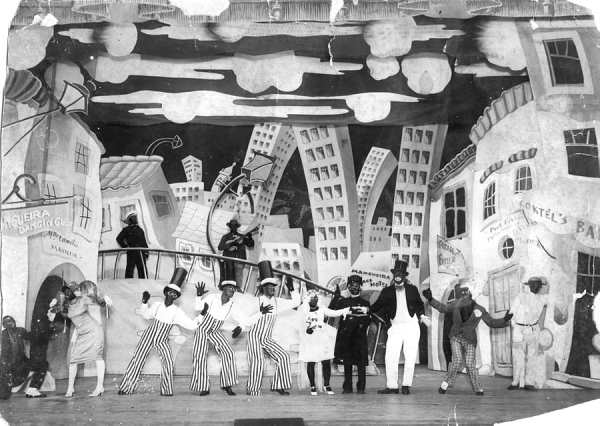
FIGURE 0.1. A scene from the revue Guerra ao mosquito (War on Mosquitoes [1929]), written by Marques Porto and Lus Peixoto, showing Brazilian performers in blackface inspired by the US minstrelsy tradition. Courtesy of FUNARTE/CEDOC.
The scope of this book provides continuity to and dialogues with Micol Seigels seminal study of the process of transnational racial construction between the as he has illustrated with regard to candombl. This Afro-Brazilian religion has thrived and grown
because of strategic verbal and ritual performances of assimilation and differentiation, of hybridization and purification, that draw on a circum-Atlantic repertoire of references and are incomprehensible outside the context of the priesthoods
This book situates itself within Atlantic history, the subdiscipline within historical studies that emerged after World War II in recognition of the limitations and biases of imperial history. In the view of Ana Lucia Araujo, an Atlantic perspective continues
This book focuses on the period between the 1880s and the 1950san era that witnessed the rise and fall of racial determinismin order to reflect the freedom of expression and creativity unleashed by the gradual dismantling of the institution of slavery, which paved the way for final abolition in 1888. It also seeks to chart the subsequent diachronic shifts in discourses and attitudes As Joseph L. Love argues in relation to Belle poque Rio de Janeiro (18981914), with its newly unveiled improvements in sanitation, public works, and architecture:
Rios new face could
For most of the nineteenth century the Brazilian elite believed that miscegenation was the cause of degeneracy and their countrys backwardness, but toward the turn of the century there was a major U-turn in official
In the 1920s such racist views persisted and manifested themselves in the realm of popular entertainment. According to the black musician Pixinguinha (18971973), for example, in the silent cinema era black musicians could play in the second orchestra in the lobby, but not in the first orchestra, which accompanied the films.
The publication of Freyres seminal work, Casa grande e senzala (1933) (published in English as The Masters and the Slaves [1946]) coincided with policies introduced by the regime of President
In
THE PROBLEM OF RACE: NOMENCLATURE, MUTABILITY, AND PERFORMATIVITY
It should be stated from the outset that this book is underpinned by a firm belief in the fallacy of racial essentialism, but recognizes the existence of racialized bodies as a sociological fact. Consequently, the terms race, racial, and racialized will be placed in quotation marks when necessary to stress that they relate to a cultural construct used to create a biological fiction in specific historical-social contexts. These terms will be used without quotation marks elsewhere to reflect de facto normative categories of (self)-identification premised on such characteristics as phenotype, skin tone, and genealogy, which were nonetheless often challenged and rendered unstable in popular performance. A major concern of this study is how perceptions of race were negotiated within popular performance in the city of Rio de Janeiro during the era in question, and how these issues engaged with wider transnational trends. In the words of Edward E. Telles:
Next pageFont size:
Interval:
Bookmark:
Similar books «Tropical Travels: Brazilian Popular Performance, Transnational Encounters, and the Construction of Race»
Look at similar books to Tropical Travels: Brazilian Popular Performance, Transnational Encounters, and the Construction of Race. We have selected literature similar in name and meaning in the hope of providing readers with more options to find new, interesting, not yet read works.
Discussion, reviews of the book Tropical Travels: Brazilian Popular Performance, Transnational Encounters, and the Construction of Race and just readers' own opinions. Leave your comments, write what you think about the work, its meaning or the main characters. Specify what exactly you liked and what you didn't like, and why you think so.

